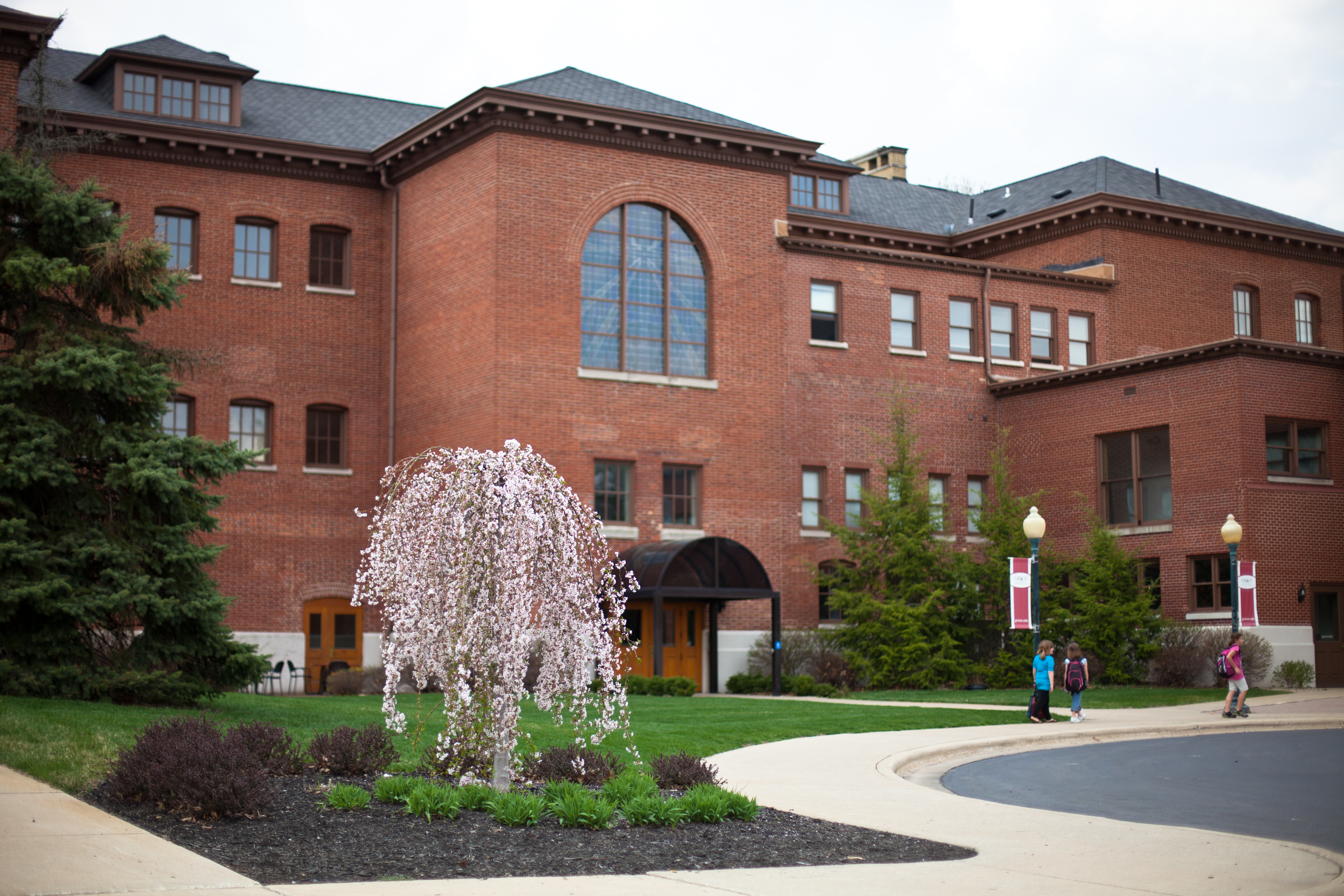June 4, 2020
Does A Christian Counseling Degree Make A Difference?
Tagged With Christian Online College Counseling Masters Programs

Does a Christian counseling degree really make a difference? This question has been asked countless times since the mid 21st century when Christian counseling first became a popular career path. Now, the lines between secular counseling and Christian counseling are easily blurred. Does it really matter that I get a counseling degree at a top Christian college? If I’m already a Christian, then why do I need Christian training? James Nelson presents the answer in his book Psychology, Religion, and Spirituality, “There is broad agreement among its members that psychology and Christianity have the potential to illuminate each other.”
We believe in this illumination that Nelson speaks of here at Grace College — a Christian college online. Our undergraduate counseling degree and our master’s in mental health clinical counseling both approach the counseling field with a Christian worldview. Our emphasis on developing graduates who lead lives of purpose makes us a top Christian college in Indiana. Read on to learn more about Christian counseling and why it is so important!
History of Christian Counseling
For a long time, university psychology departments were perceived as being unwelcoming to psychologists with religious affiliations, according to Nelson. This led to the Christian integration movement which began with a need to start schools that would conduct research and train clinicians in a Christian atmosphere and integrate scientific knowledge with Christian beliefs. By the 1960s, the first independent, faith-based clinical psychology training programs were founded.
Christian counseling offers ways to cope and strategies to facilitate change for issues such as anxiety, stress, depression and trauma — the same methodologies as secular counselors — but with additional religious and spiritual aspects. A Christian counselor may draw upon a Christian understanding of grace and sin, but maintains a psychological understanding of mental illness.
Christian counseling should not be confused with biblical or nouthetic counseling. Biblical counseling relies solely on the Bible and rejects the psychological framework that secular mental health counseling and Christian counseling use.
Comparison to Secular Approaches
Imagine that a person is experiencing depression and is in need of a therapist.
A secular mental health counselor may first refer the client to a psychiatrist to determine if medications are needed due to biological factors. The counselor would pair this with cognitive-behavioral therapy. The therapy would look at what the person is thinking, how they’re acting, and how the person can change to have a healthier outlook and behaviors.
A Christian counselor might take a similar approach, however, the client would also be urged to read certain Scripture and to pray or meditate. Overall, the approach might still use the cognitive-behavioral therapeutic philosophy but would add spiritual aspects — such as grace, repentance and restoring relationships — to the healing process.
Becoming a Christian Counselor
Christian counselors typically work in Christian mental health clinics, but they can also find employment in large churches and other faith-based environments. However, Christian counselors are not limited to a Christian workplace; they are also fully trained to work in secular environments. There is no specific certification or academic training that permits a counselor to practice in a Christian setting, but if it is your intent to be a Christian counselor, it is wise to receive your education from a faith-based college or university.
Professional Associations
If you are a current or aspiring Christian counselor, consider advancing your career by joining a professional association in the field.
- Christian Association for Psychological Studies (CAPS): CAPS serves more than 1,500 Christian mental health professionals across the world. It is a nondenominational organization consisting of psychologists, therapists, counselors, professors, social workers, students and more. CAPS encourages in-depth consideration of therapeutic, research, theoretical and theological issues. Membership includes a subscription to the Journal of Psychology and Christianity, discounted registration on the annual conference and events, and other benefits to help members connect to other professionals in the association.
- American Association of Christian Counselors (AACC): Nearly 50,000 members make up AACC, which serves licensed professionals, pastors and lay church members. The mission is to “equip clinical, pastoral, and lay care-givers with biblical truth and psychosocial insights that minister to hurting persons and helps them move to personal wholeness, interpersonal competence, mental stability, and spiritual maturity.” Membership includes affiliation with others, a subscription to Christian Counseling Today, a quarterly newsletter subscription, quarterly audio CDs and other benefits.
A Future in Christian Counseling
Are you interested in a Christian counseling degree? Consider Christian college online, and pursue an M.A. in Clinical Mental Health Counseling from Grace College. This is a faith-based program that prepares graduates to make a difference in clients’ lives. Graduates are trained for work in both Christian and secular counseling environments. This degree is mostly online, with the exception of a week-long residency on campus in scenic Winona Lake, Indiana. The program is accredited by the Council for Accreditation of Counseling and Related Educational Programs (CACREP).


